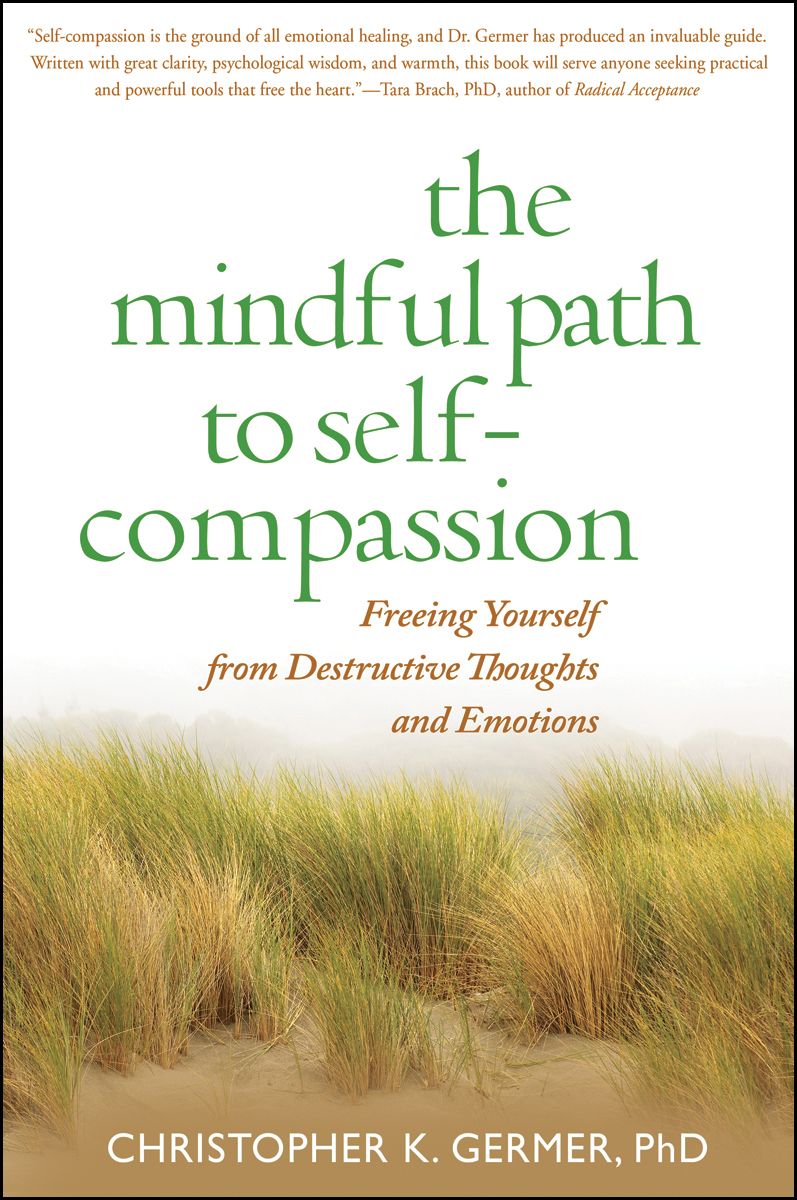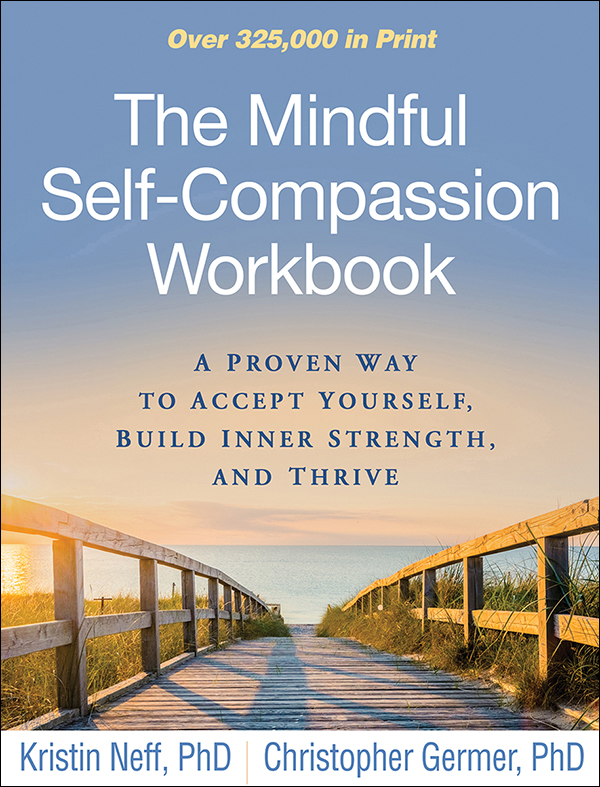When things go wrong in our lives, we tend to become our own worst enemy.
YOU MIGHT ALSO LIKE
CLEAR ALL
BY TOPIC
BY TEACHER
BY TYPE
FILTER

TOPIC
- Self-Acceptance (20)
- Resilience (16)
- Self-Discovery (16)
- Self-Reflection Practices (15)
- Self-Love (12)
- Compassion (10)
- Grit (10)
- Positive Self-Talk (10)
- Self-Esteem (10)
- Self-Reckoning (10)
- Self-Control (9)
- Self-Healing (9)
- Self-Limiting Beliefs (8)
- Self-Realization (8)
- Awareness (7)
- Courage (7)
- Emotional and Mental Health (7)
- Goal Setting (7)
- Negative Self-Talk (7)
- Transformation (7)
- Authenticity (6)
- Forgiveness (6)
- Honoring Emotion (6)
- Inner Strengths (6)
- Self-Actualization (6)
- Self-Reliance (6)
- Shame (6)
- Anxiety (5)
- Buddhism (5)
- Empowerment (5)
- Growth Mindset (5)
- Happiness (5)
- Human Potential (5)
- Imagination and Creativity (5)
- Intention (5)
- Leadership (5)
- Letting Go (5)
- Meditation (5)
- Mind-Body Connection (5)
- Mindfulness (5)
- Mindfulness Practices (5)
- Presence (5)
- Self-Care (5)
- Self-Worth (5)
- Athlete Well-Being (4)
- Criticism and Rejection (4)
- Entrepreneurship (4)
- Focus (4)
- Habit Formation (4)
- Habits of Mind (4)
- Inner Life (4)
- Interdependence (4)
- Joy (4)
- Love (4)
- Perception (4)
- Personal Development (4)
- Positive Thinking (4)
- Relationship Challenges (4)
- Self-Pressure (4)
- Soul Mission (4)
- Spiritual Life (4)
- Well-Being (4)
- Acceptance (3)
- Communication Skills (3)
- Competition (3)
- Creative Well-Being (3)
- Emotional Intelligence (EQ) (3)
- Empathy (3)
- Fear (3)
- Fellowship and Community (3)
- Guided Meditation (3)
- Identity (3)
- Integrity (3)
- Life Challenges (3)
- Moral Philosophy (3)
- Peak Performance (3)
- Positive Psychology (3)
- Racial Justice (3)
- Romantic Relationships (3)
- Search for Purpose (3)
- Spiritual Awakening (3)
- Spiritual Growth (3)
- Spiritual Healing (3)
- Stoicism (3)
- Trauma Healing (3)
- Values (3)
- Vulnerability (3)
- Women’s Well-Being (3)
- Young Adult Well-Being (3)
- Access to Education (2)
- Aging (2)
- Anger (2)
- Belonging (2)
- BIPOC Well-Being (2)
- Brain Health (2)
- Breathwork (2)
- Community Healing (2)
- Compassion Meditation (2)
- Curiosity (2)
- Decision Making (2)
- Depression (2)
- Energy Healing (2)
- Finding Meaning (2)
- Freedom (2)
- Humility (2)
- Inner Peace (2)
- Jealousy/Envy (2)
- Kindness (2)
- Motivation (2)
- Passion (2)
- Racial Healing (2)
- Relationship with Time (2)
- Self-Discipline (2)
- Shadow (2)
- Social Justice (2)
- Spiritual Direction (2)
- Spiritual Practices (2)
- Stress (2)
- Stress Management (2)
- Suffering (2)
- Trust (2)
- Willpower (2)
- Work Challenges (2)
- Work Relationships (2)
- Work-Life Balance (2)
- Abandonment (1)
- Addiction (1)
- Addiction Recovery (1)
- Affirmations (1)
- Anger Management (1)
- Awe (1)
- Black Well-Being (1)
- Body Image (1)
- Buddha Nature (1)
- Child’s Trauma (1)
- Christian Mysticism (1)
- Christianity (1)
- Cognitive Behavioral Therapy (1)
- Cognitive Psychology (1)
- Confidence (1)
- Conflict Resolution (1)
- Conscious Evolution (1)
- Diet and Nutrition (1)
- Disconnection (1)
- Drug Addiction (1)
- Dysfunctional Childhood (1)
- Embodiment (1)
- Endurance (1)
- Energy Balancing (1)
- Enlightenment (1)
- Enneagram (1)
- Exercise (1)
- Fate (1)
- Female Empowerment (1)
- Friendship (1)
- Gratitude (1)
- Grief (1)
- Guilt (1)
- Healing Approaches (1)
- Higher Calling (1)
- Hope (1)
- Indigenous Well-Being (1)
- Inner Child (1)
- Internal Family Systems (1)
- Intimacy (1)
- Jungian Analysis (1)
- Kids and Sports (1)
- Learning Styles (1)
- Longevity (1)
- Manifestation (1)
- Masculine/Feminine Dynamics (1)
- Midlife Crisis (1)
- Mindfulness Meditation (1)
- Narcissism (1)
- Native American Beliefs (1)
- Neuroplasticity (1)
- Neuroscience (1)
- Oneness (1)
- Parenting (1)
- Patience (1)
- Personality Typing (1)
- Physical Health (1)
- Play (1)
- Psychedelic Journey (1)
- Psychology (1)
- Quantum Physics (1)
- Quitting Your Job (1)
- Racial Discrimination (1)
- Relationship with Money (1)
- Sexual Assault or Abuse (1)
- Sleep (1)
- Social Responsibility (1)
- Speaking Your Truth (1)
- Spiritual Fasting (1)
- Storytelling (1)
- Sustainability (1)
- Sutras (1)
- Taoism (1)
- Tibetan Buddhism (1)
- Toxic Relationships (1)
- Transitions (1)
- Visualization (1)
- Work Ethic (1)
- Zen Buddhism (1)
FILTER

TEACHER
- don Jose Ruiz (3)
- don Miguel Ruiz (3)
- Harriet Lerner (3)
- Paul Gilbert (3)
- Angela Duckworth (2)
- Brian Tracy (2)
- Debbie Ford (2)
- Eckhart Tolle (2)
- Gaylon Ferguson (2)
- Lorin Roche (2)
- Marcus Aurelius (2)
- Spring Washam (2)
- Steven Johnson (2)
- Tara Brach (2)
- Albert Einstein (1)
- Amishi Jha (1)
- Amy Morin (1)
- Brendon Burchard (1)
- Bruce Lipton (1)
- Chalene Johnson (1)
- Chip Conley (1)
- Daniel Amen (1)
- Daniel Goleman (1)
- Daniel J. Siegel (1)
- Dorothy Day (1)
- Ethan Nichtern (1)
- Gary Zukav (1)
- Gloria Steinem (1)
- James Doty (1)
- James Hillman (1)
- James Hollis (1)
- Jay Shetty (1)
- Joseph M. Marshall III (1)
- Judith Orloff (1)
- Judson Brewer (1)
- Kamilah Majied (1)
- Lama Tsultrim Allione (1)
- Lao Tzu (1)
- Lodro Rinzler (1)
- Mahatma Gandhi (1)
- Martin Seligman (1)
- Matt Kahn (1)
- Neil Pasricha (1)
- Noah Elkrief (1)
- Oprah Winfrey (1)
- Peter A. Levine (1)
- Richard Schwartz (1)
- Robert Augustus Masters (1)
- Robert Firestone (1)
- Russell Brand (1)
- Sharon Salzberg (1)
- Shauna Shapiro (1)
- Stephen Levine (1)
- Terri Cole (1)
- The Dalai Lama (1)
- Tony Robbins (1)
- Wim Hof (1)
- Yung Pueblo (1)








